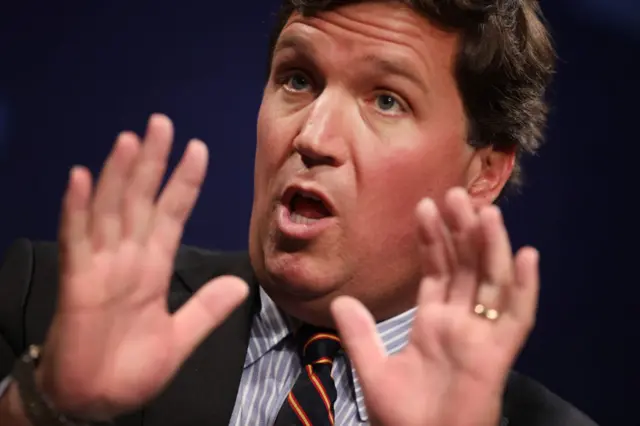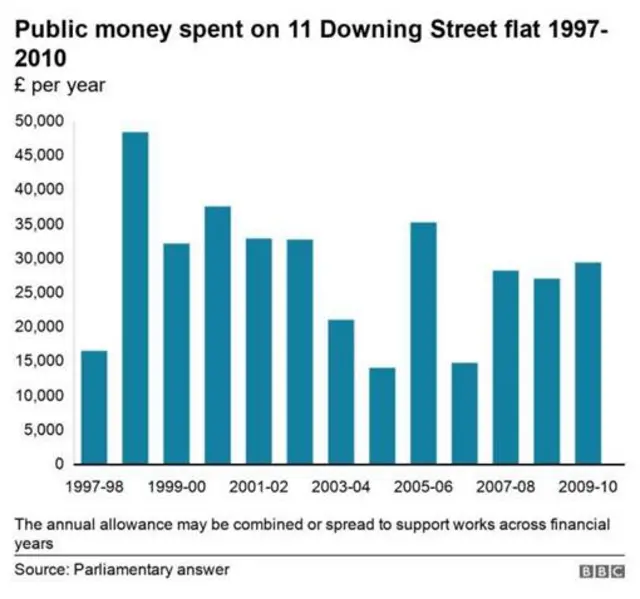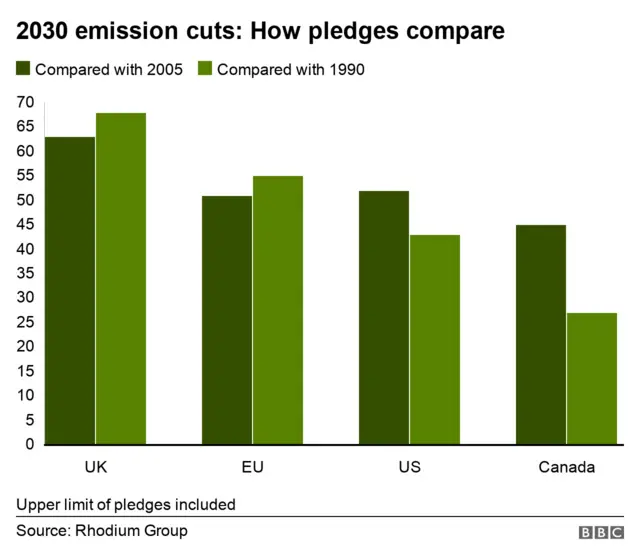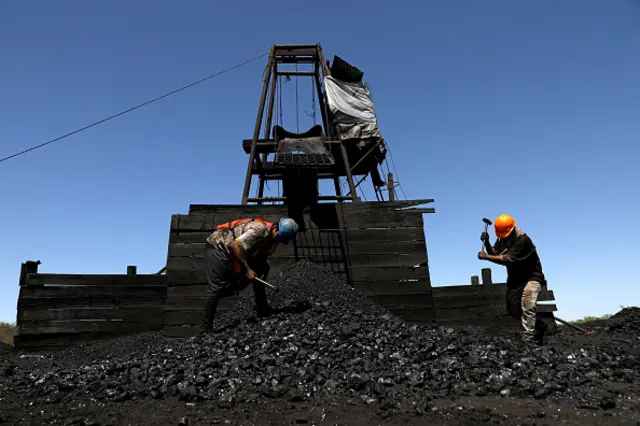Boris Johnson’s Brexit claims fact-checkedpublished at 21:42 BST 7 May 2021
 Reality Check
Reality Check
Celebrating the Conservatives’ win in Hartlepool, Boris Johnson said: "It's thanks to Brexit that we've actually been able to go ahead with the freeport in the whole of Teesside, do things like take back control of our borders, we’re able to deal with things like the European Super League".
There are about 80 freeports around the EU, so the UK could have had a Teesside freeport without Brexit – as we’ve pointed out before.
The tax breaks offered as part of the scheme can probably be more generous now they do not need to be cleared by the European Commission though. But, under the UK’s trade deal with the EU, any such subsidies need to be justified or they could – in theory – trigger action from the EU.
The UK has certainly made changes in its border policies, with a new immigration system and ending freedom of movement for EU citizens (which also applies to UK citizens going to the EU).
It is unclear how Brexit affected the government’s ability to deal with the European Super League. Big clubs in several EU countries refused to sign up to the breakaway competition (while six English clubs did) - which subsequently collapsed. We’ve asked Downing Street to explain this claim but have not heard back.
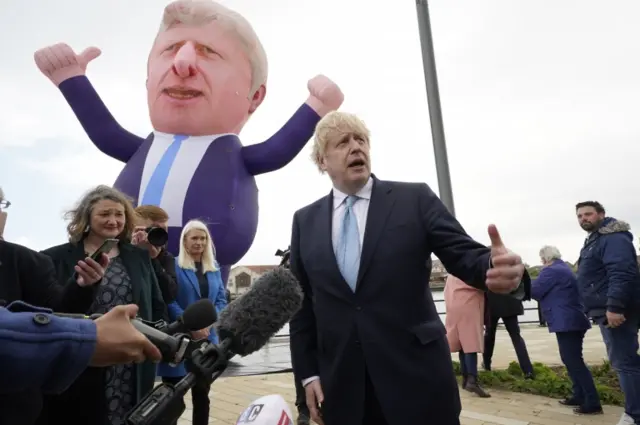 Image source, PA Media
Image source, PA MediaBoris Johnson spoke in Hartlepool after Jill Mortimer's historic election as Conservative MP there
